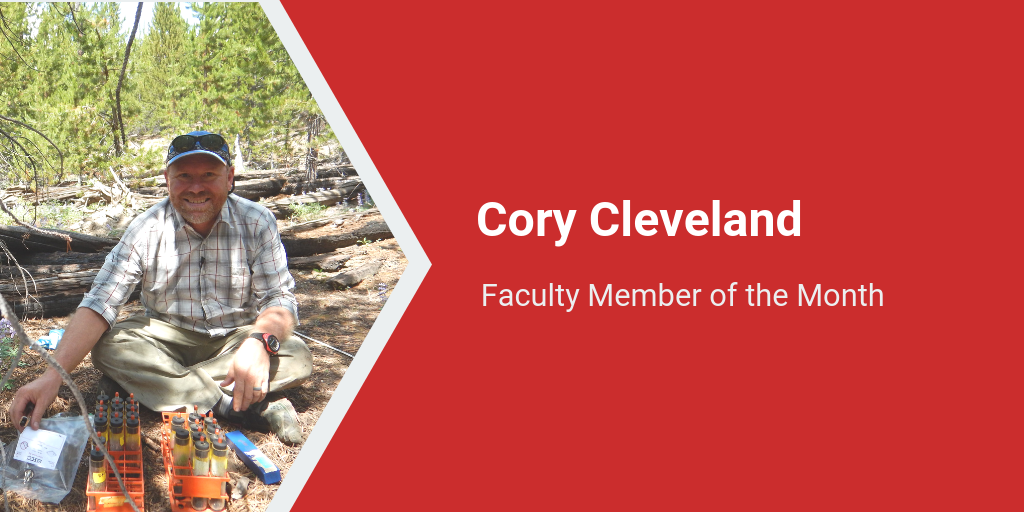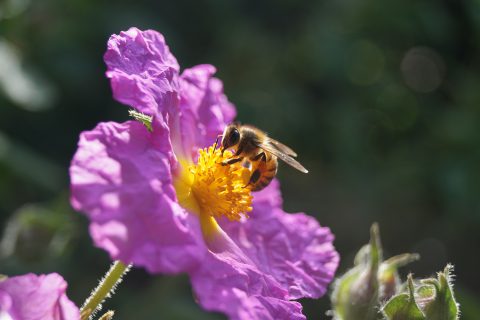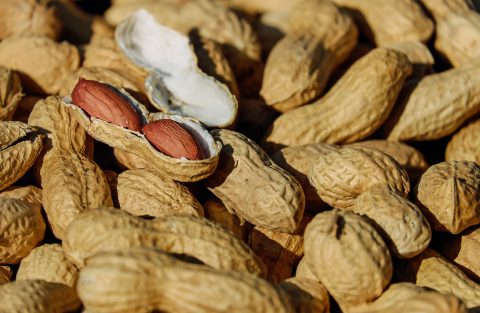The Brain Prize, awarded annually by the Grete Lundbeck European Brain Research Foundation, recognizes one or more scientists for their outstanding contribution to neuroscience, and is widely regarded as the equivalent for the Nobel Prize for neuroscientists. 2016’s Brain Prize is shared by three winners, and we’re delighted to congratulate F1000 Faculty Member Graham Collingridge,…
The Wolf Prize in Israel and the Paul Ehrlich and Ludwig Darmstaedter Prize in Germany are both prestigious awards that are sometimes used as indicators of potential future chances of a Nobel Prize. We’re therefore very proud to find F1000 Faculty among this year’s winners of both prizes! Stuart Schreiber, Head of Faculty for Chemical…
We’re sad to mark the death of Austin Hughes, who had been Faculty Member of the F1000 Immunology Faculty since 2003. Hughes was Professor of Biological Sciences at the University of South Carolina, and a week before his death on October 31st, his department had just nominated him for the Governor’s Award for Scientific Excellence.…
With regret, we received notice of the death of Helmut Schwilden, Section Head for Technology & Monitoring in Anesthesiology. Schwilden was Professor Extraordinarius at Friedrich-Alexander-Universität in Erlangen-Nürnberg, and joined F1000 in 2008. In his obituary in the Frankfurter Allgemeine, his colleagues praise his intelligence and the innovations he brought to the field of anaesthesiology. We…
It was a great start to the new year for some of our Faculty, whose work was recognized by none other than Queen Elizabeth II or President Obama. Georgina Mace (Faculty Member in Conservation & Restoration Ecology) was named Dame Commander of the Most Excellent Order of the British Empire (DBE) in the UK’s New…
The trending article recommendations on the @F1000 social media feeds this week, as well as interesting picks from the science Twittersphere.
Jabir Mohamed and Jastaran (Jasty) Singh are graduate students at the University of Toronto, and both became F1000 Specialists earlier this year. Here they share what they’ve been doing since then, and their plans for 2016! If you’d like to become an F1000 Specialist yourself, and tell your own colleagues about F1000, you can sign…
The trending article recommendations on the @F1000 social media feeds this week, as well as interesting picks from the science Twittersphere.
What makes us look like humans? An analysis of how the Homo sapiens cranial features were acquired. https://t.co/Rgwu4IFiVX — F1000 (@F1000) November 30, 2015 Food for thought: increased peanut allergen exposure through atopic dermatitis may lead to sensitization & allergy. https://t.co/ABpty4Bc7u — F1000 (@F1000) November 27, 2015 A picture paints a thousand words: evidence that…
The trending article recommendations on the @F1000 social media feeds this week, as well as interesting picks from the science Twittersphere.







